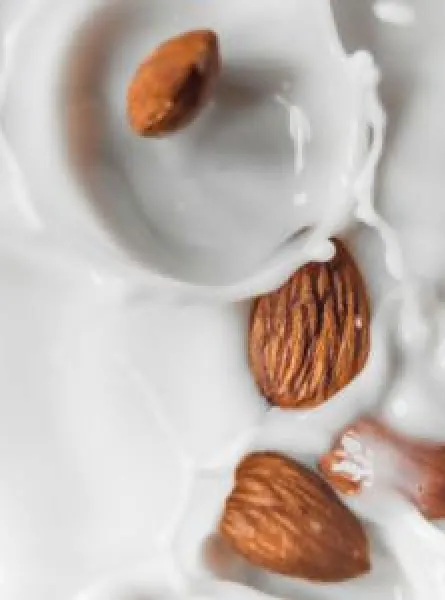
Inevitably, women go through menopause, a transition characterized by a decrease in the production of ovarian hormones (estrogen and progesterone). Through diet, it is possible to manage the most common symptoms including hot flashes, fatigue and weight gain.
1. Prevent weight gain
On average, women take 4 to 6 lbs during the transition to menopause, which lasts an average of 3 years. Weight accumulates mainly in the abdominal region, increasing the risk of cardiovascular disease. Although the causes can be multiple, it is mainly due to the decrease in basal metabolism, which translates into lower energy expenditure at rest (about 200 fewer calories per day). Here are 2 tips to counter this weight gain:
By incorporating high-fibre and high-protein snacks into our day, we satisfy ourselves until the next meal, avoiding fasting. Decreasing the size of our meals and incorporating a snack in the morning as well as in the afternoon helps us to distribute our calories well and to be less hungry between meals and at mealtime.
Here are some examples of nutritious snacks:
- One apple + 30 g light firm cheese
- 16 grapes + 8 almonds
- One slice of whole grain bread + 15 ml (1 tbsp) unsweetened peanut butter
- 1 whole wheat pita roll + 60 ml (¼ cup) chickpea purée (hummus)
- ½ multigrain bagel + 20 g smoked salmon
- 15 ml (1 tbsp) goat cheese
- 4 whole wheat soda biscuits + 1 egg
2. Balancing meals
Incorporating protein into every meal helps to stabilize blood sugar levels and increase our sense of satiety. Similarly, dietary fiber slows our digestion and fills us up more quickly. In particular, fiber is found in whole grain starchy foods (bread, pasta, rice, potatoes, breakfast cereals, etc.) and vegetables. In addition, vegetables replace other higher-calorie foods and provide interesting nutrients.
3. Reduce hot flashes
Soybeans would be a promising food for reducing hot flashes. Soybeans are rich in protein, dietary fibre and multiple vitamins and minerals, but especially phytoestrogens. This component has a molecular structure similar to that of estrogen, allowing it to compensate moderately for the decrease in hormones. To take effect, you must consume a daily intake of 25g of soy protein, the equivalent of :
- 250ml (1 cup) soybeans (edamame)
- 180g regular, firm or extra firm tofu
- 150g of tempeh
- 1L of soy beverage
- 125ml (1/2 cup) roasted soybeans
- 625ml (2 ½ cups) soy yogurt
Ground flaxseed also offers a rich source of phytoestrogens. Only 15 ml (1 tbsp) per day allows you to benefit from a reduction in hot flashes! A versatile food that blends well into salads, smoothies, oatmeal, yogurt, cake or muffin mixes and many others.
For more details or personalized advice on how to better manage menopause, let one of our nutritionists guide you.





